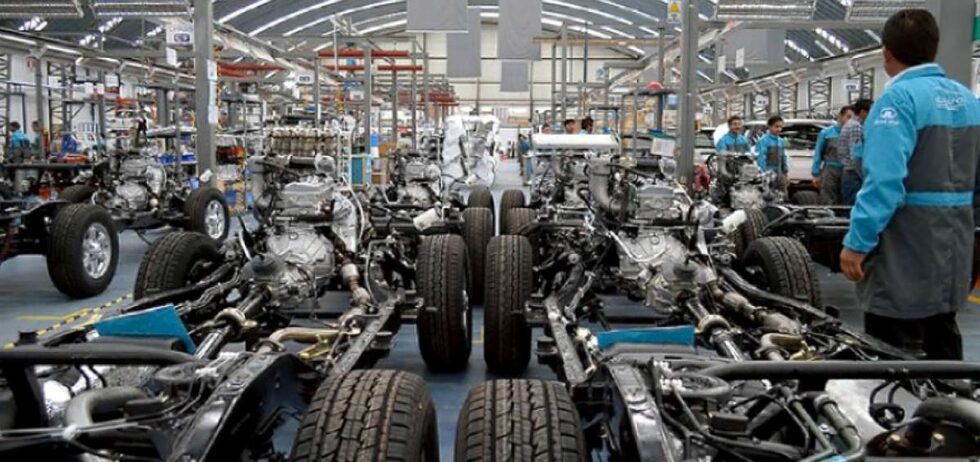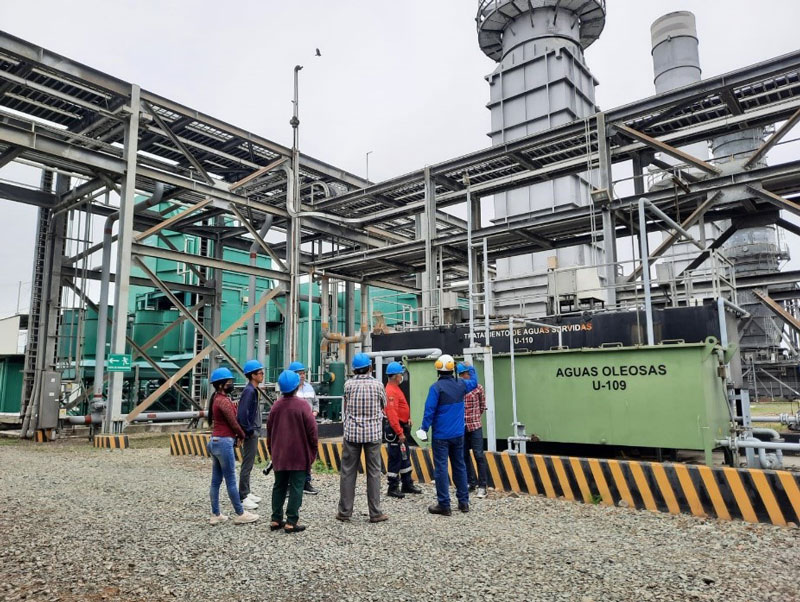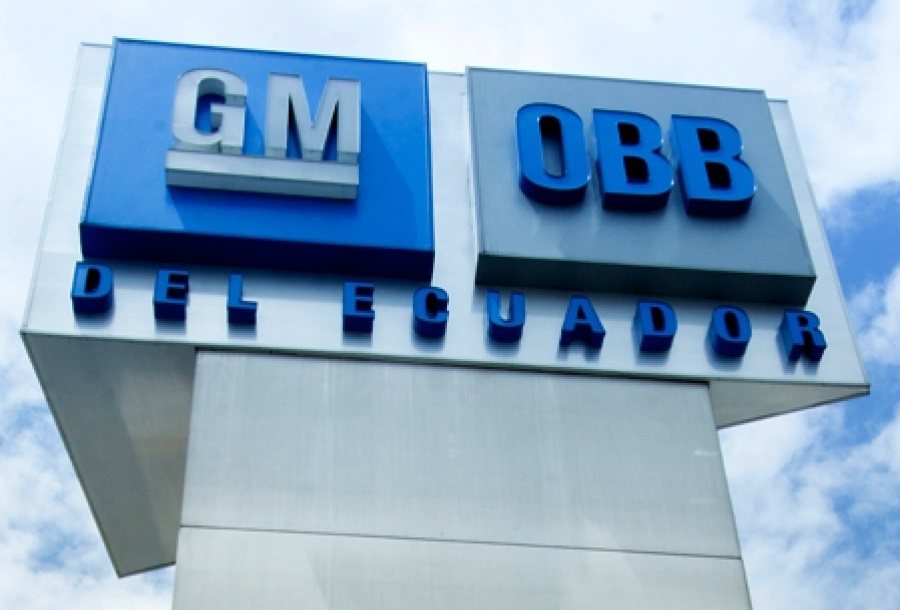Rampant inflation forces Venezuela to drop six zeros from its currency, the Bolivar
The Venezuelan socialist regime announced that it would remove up to six zeros from the Venezuelan bolivar, its legal tender, to simplify daily transactions. This would be the third time that the Venezuelan Central Bank decides to remove zeros from the national currency in order to face the rampant inflation that has been consuming the country for almost a decade.

Due the world’s highest inflation rate, Venezuela is forced to drop zeros from its Bolivar for the third time.
The new currency will start circulating in Venezuela In August, replacing banknotes with figures of six zeros, such as the one million bolivar bill, issued in 2018, and the highest denomination in the country, but only worth around 32 cents.
The first time the Venezuelan regime removed zeros from the bolivar was during the mandate of Hugo Chávez and a second time under his successor, Nicolás Maduro; between the dictators, they have removed eight zeros from the bolivar, which will now become 14.
The measure is likely to have little impact on the Venezuelan economy, as the country has opted to informally use other currencies, such as the U.S. dollar and the Colombian peso, and has widely adopted the use of electronic transactions, so the central bank will not have to “reprint” as much currency as in the past.
The Venezuelan Central Bank is expected to reprint six denominations ranging from 2 to 10 bolivars. From an accounting point of view, this will be a relief for many businesses and entities that have complications due to the high denominations of the Venezuelan currency, both for accounting and tax payments.
In addition to saving accountants a few headaches, it is possible that the elimination of zeros will have little or no effect in controlling inflation in the country. Traditionally, Venezuela has had inflationary problems and under the Chavista regime, it has only worsened, reaching its peak in 2018 with an increase of 1,700,000 %.

Venezuelan refugess on Cuenca streets often give away worthless Bolivars in exchange for donations.
Maduro’s regime, faced with the excessive inflation, was forced to make some reforms, such as eliminating certain price controls, reducing subsidies in some services such as gasoline and informally admitting the use of foreign currency.
Despite managing to control the skyrocketing consumer price index, Venezuela continues to have the highest inflation in the world. Although the Maduro regime insists on believing that the inflationary problem is a nominal issue, the problem generates shortages, Venezuela’s economy does not produce, nor is it capable of acquiring the goods and services necessary to supply its population.
Venezuela is a country that depends excessively on its oil exports and has also heavily punished private investment in other sectors. Chavismo’s expropriations, lack of legal security, constant minimum wage increases, and uncontrolled currency issuance have made Venezuela a hell for establishing commercial ties.
The complexity of Venezuela’s value chains is minimal, they are limited to oil exports, and its share of the global market has fallen sharply in recent years. Another way of looking at the problem is to observe how Venezuelan imports have fallen, in 2012 they totaled almost $20 billion and today they are less than $2.5 billion.
In other words, the country’s purchasing power has fallen because its capacity to produce has fallen first. As long as Venezuela continues under a system of government that undermines private enterprise, the independence of powers and individual liberties, Venezuelans will continue to face enormous inflation.
_____________________
Credit: El American


















